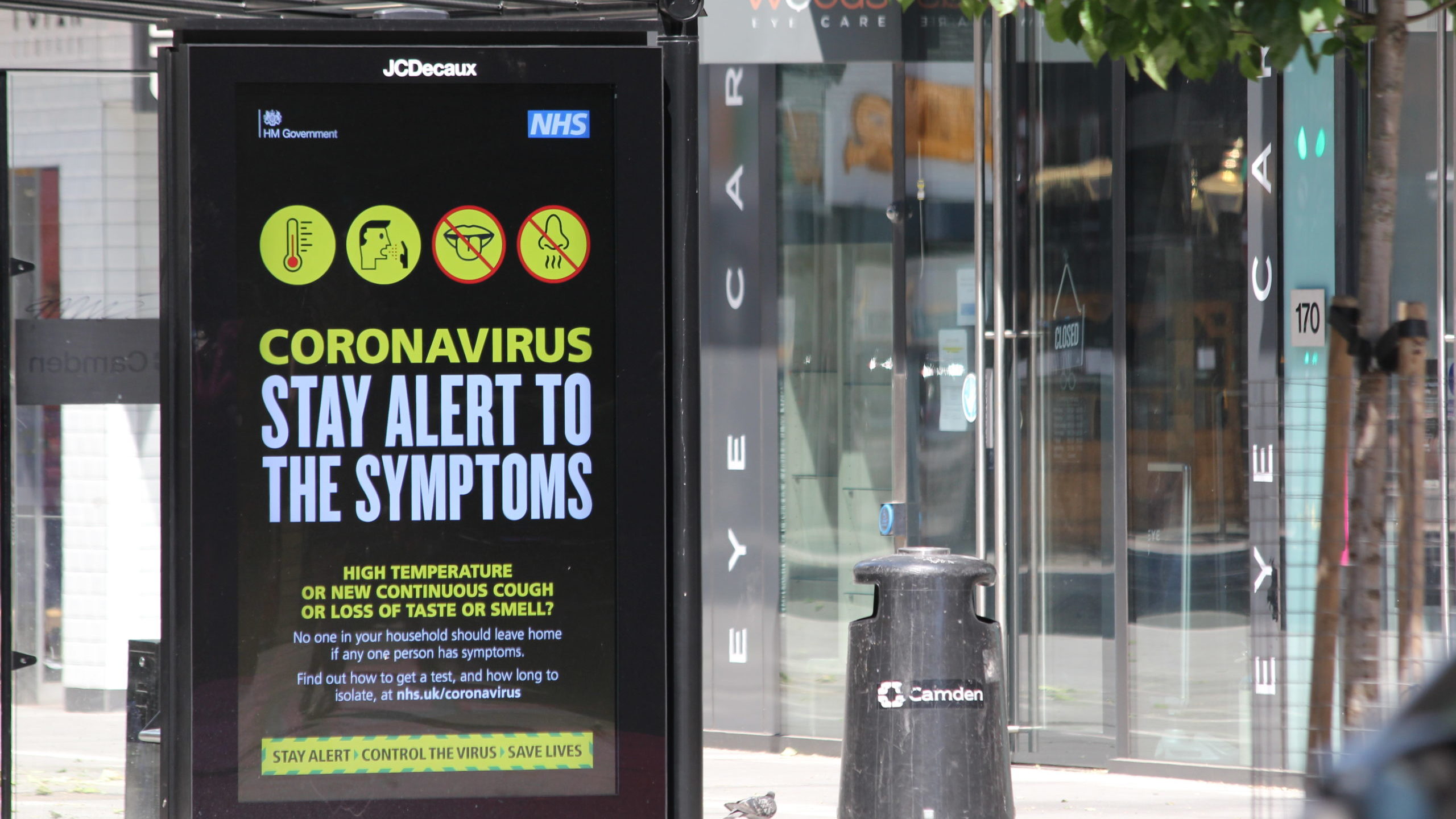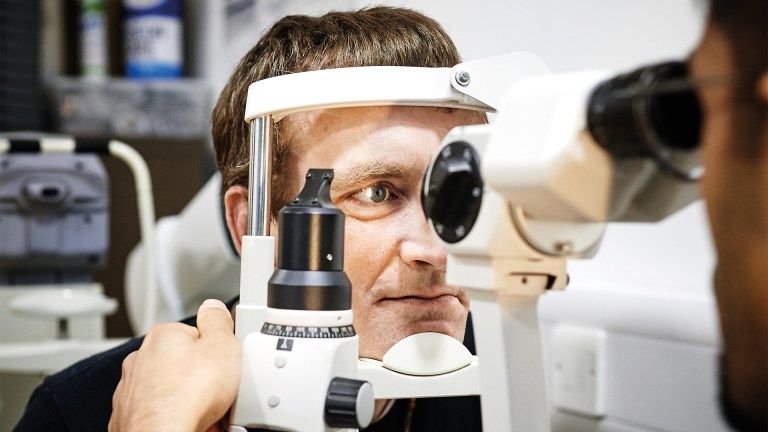Poorer people are less likely to have recovered from the effects of Covid, a new study has found – with those living more advantaged lives more likely to return to full health.
Poor housing – including living with damp, mould, or vermin – employment, and health care all made somebody more likely to still have symptoms long after having Covid, researchers from King’s College London found in a paper shared with Big Issue. Having a degree and living in a less deprived area, on the other hand, made Covid victims more likely to recover.
Nathan Cheetham, a postdoctoral data scientist at King’s College London, one of the study’s authors, said he hoped the findings could drive a debate over how overall deprivation affects health.
- Doctors ignored me, a disabled woman, when deciding if I’d be resuscitated in the pandemic
- ‘Being alive is utterly exhausting’: How Covid forced people out of work and onto benefits
- Why are so many people off work sick? Labour told not to forget the pandemic ahead of benefit cuts
“Disadvantage at one end and privilege at the other end add up, they accumulate over people’s lives, and they seem to make these big differences in people’s health outcomes, and specifically Covid. We need to try and tackle that,” said Cheetham.
“Some of the government’s focus at the moment is about trying to move towards prevention. My hope is they look a lot at the circumstances in which people live, and not focus as much upon the individual factors like diet and exercise and lifestyle.”
Studies have shown the impact of socioeconomic factors on a person’s likelihood to die from Covid – but Cheetham’s team looked at the impact on recovery and say theirs is the first study to test how multiple factors like housing and employment affect recovery.






